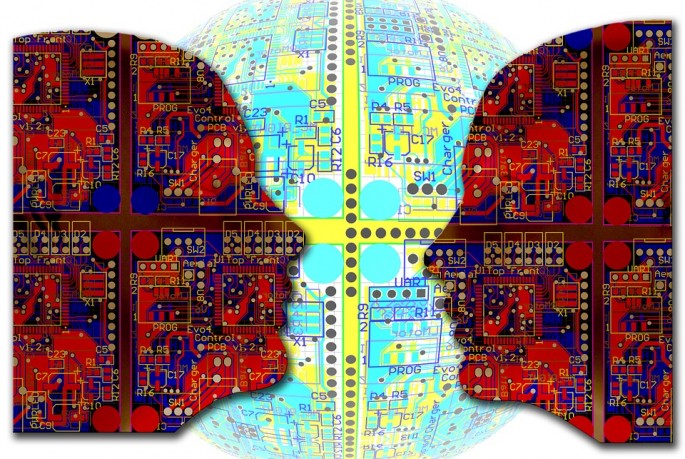Scientists believe that artificial intelligence and humans can work together for much needed global solutions using the unique concept of crowd computing revealing the science behind data generated by systematic crowd sourcing.
Researchers from Cornell University and the Human Computation Institute suggest that crowd computing can extend towards traditional ways of looking at world problems faced today.
Human intelligence is considered as more superior than machines or current artificial intelligence especially in the fields of creative abstraction and the simplest process of recognizing patterns. However, using the power of computers, these human cognitive abilities can be taken at the next level to produce a multidimensional network of solutions with this human and machine collaboration, that was almost impossible only a few years back.
In order for this system to work, human computation systems can transmit micro tasks to individuals and consolidate the data back together from the results from these tasks. For example, EyeWire uses 165,000 volunteers to analyze thousands of images online in order to build the most complete map of neurons founds inside a human retina, in the world.
These micro tasks are key to addressing some "wicked problems" existing in the world today, according to this new study however, in order for this to work on certain global problems, this would mean adopting a more radical approach with a myriad of interacting systems that can continuously change and produce solutions for every event.
The main goal of human computation technology is the ability to weave through different solutions and offer real time data from crowd input, which are then processed individually and analyzed again in a different process, for more flexible options. Collaborative environments are now developed leading to more solutions, that can soon solve the world's most challenging issues.
YardMap.org is another example of a human computation project that was launched in 2012 by Cornell University to map out global conservation efforts. According to researcher Janis Dickinson from the Department of Natural Resources at Cornell, observations and sharing crucial practices in social networks that are based on maps can allow sharing of knowledge about individual efforts to other people, that can lead to conservation of work and living landscapes.
This new study is published in the journal, Science.



























